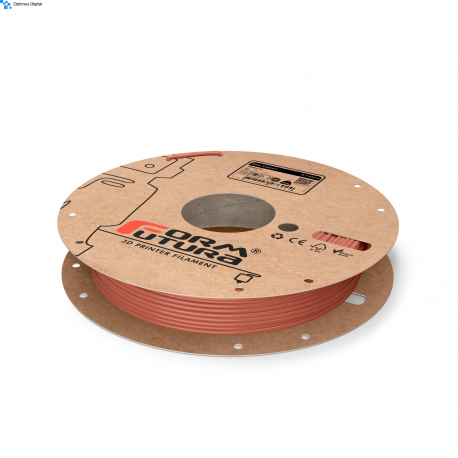Dupa plasarea solicitării de comandă, in sectiunea Istoric puteti vedea cate solicitări de comandă mai avem de procesat inaintea dumneavoastra
Program de lucru: Luni - Vineri 9:00 - 18:00, pauza 13:00 - 14:00.
Se efectueaza lucrari de mentenanta la site si pot aparea erori. In cazul in care intampinati erori va rugam sa reincercati mai tarziu.
Ridicarea personala este disponibila pentru comenzile achitate in avans. Se pot ridica dupa ce sunt pregatite.
Coş
0
Produs
Produse
(gol)
Niciun produs
Urmeaza a se stabili
Livrare
$0.00
Total
Produs adăugat cu succes la coşul dvs.
Cantitate
Total
0 articole în coșul dvs.
Aveţi un produs în coş.
Total produse:
Total livrare
Urmeaza a se stabili
Total
Reduceri!
 Mărește
Mărește
 Mărește
Mărește
Imaginile sunt utilizate exclusiv cu titlu de prezentare. Fotografiile nu creează obligații contractuale.
Filament FormFutura Atlas Support - Natural, 2.85 mm, 300 g
8718924476024
Produs nou
Filament FormFutura Atlas Support - Natural, 2.85 mm, 300 g
3 bucati in stoc
Ultimele bucăți în stoc
- Scrie o recenzie
- Elimina acest produs din lista mea de favorite.
- Adauga acest produs la lista mea de favorite.
- Imprimă
Informații
Filament FormFutura Atlas Support - Natural, 2.85 mm, 300 g

